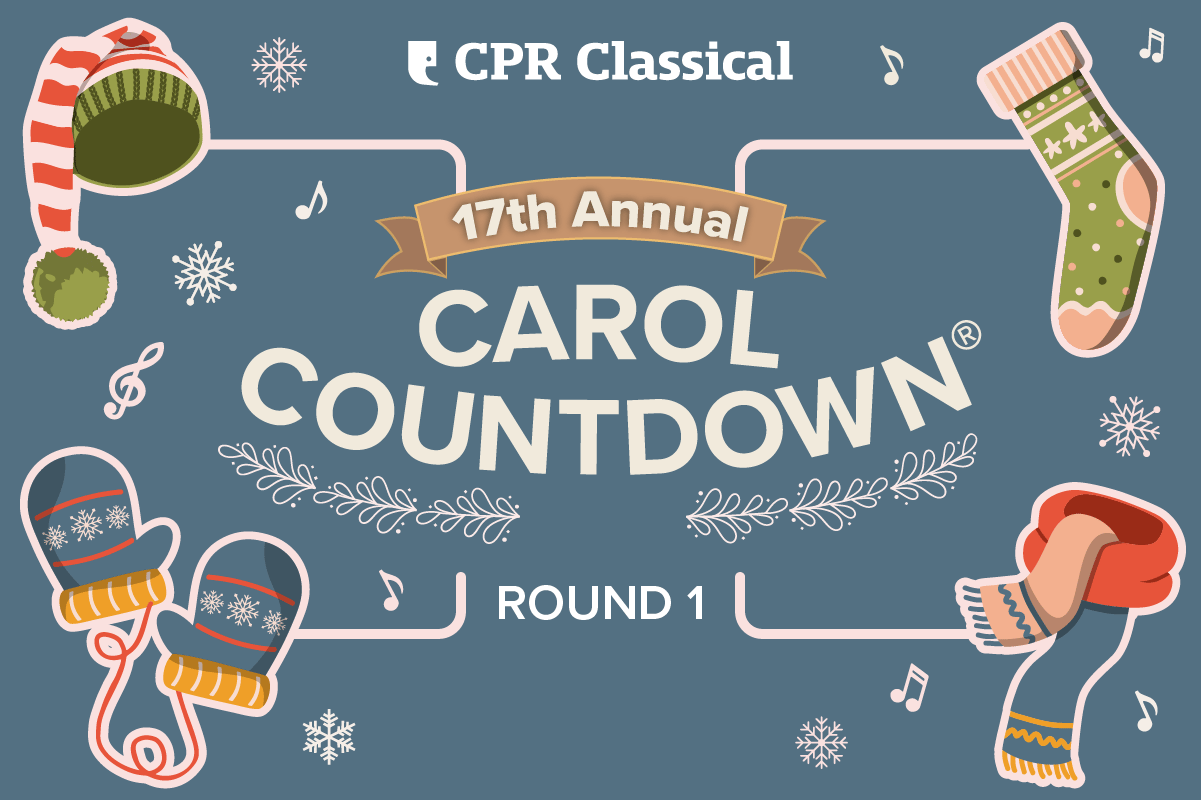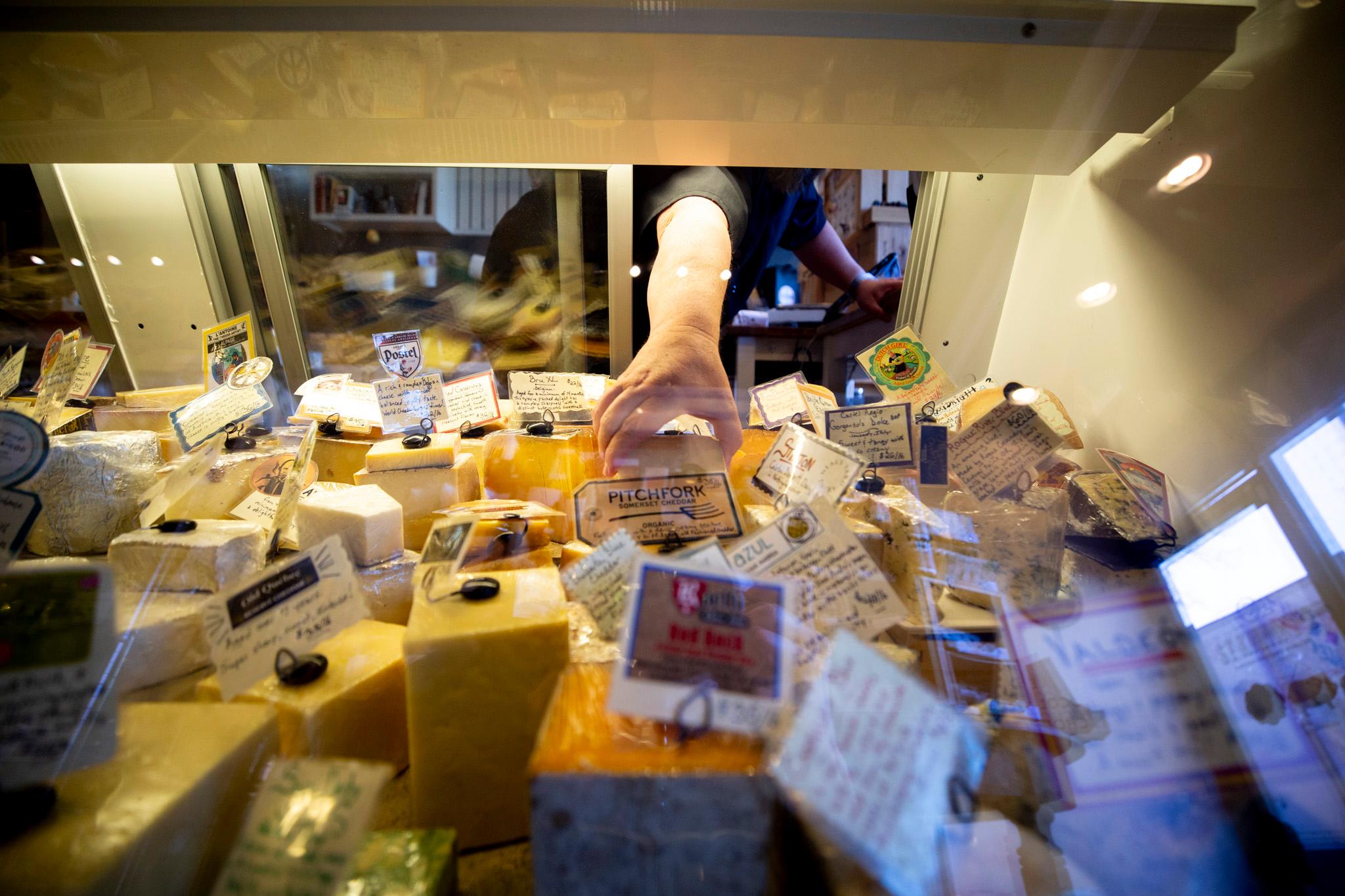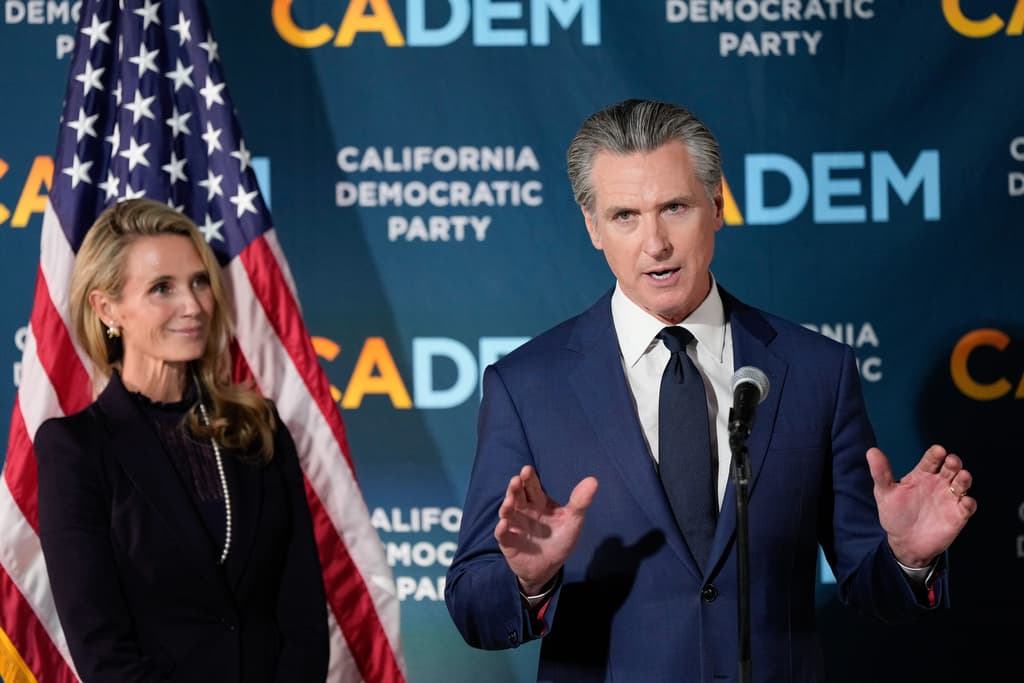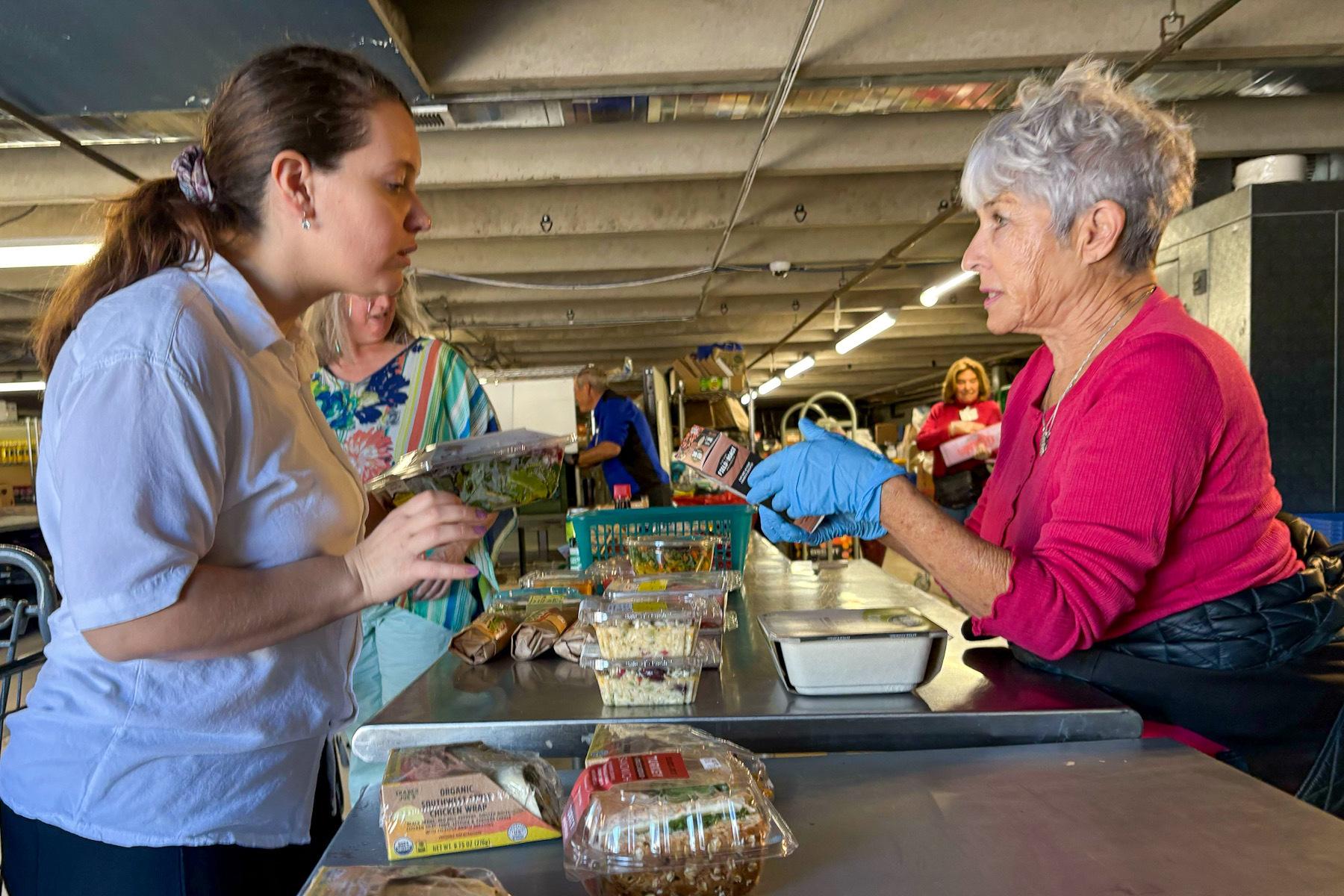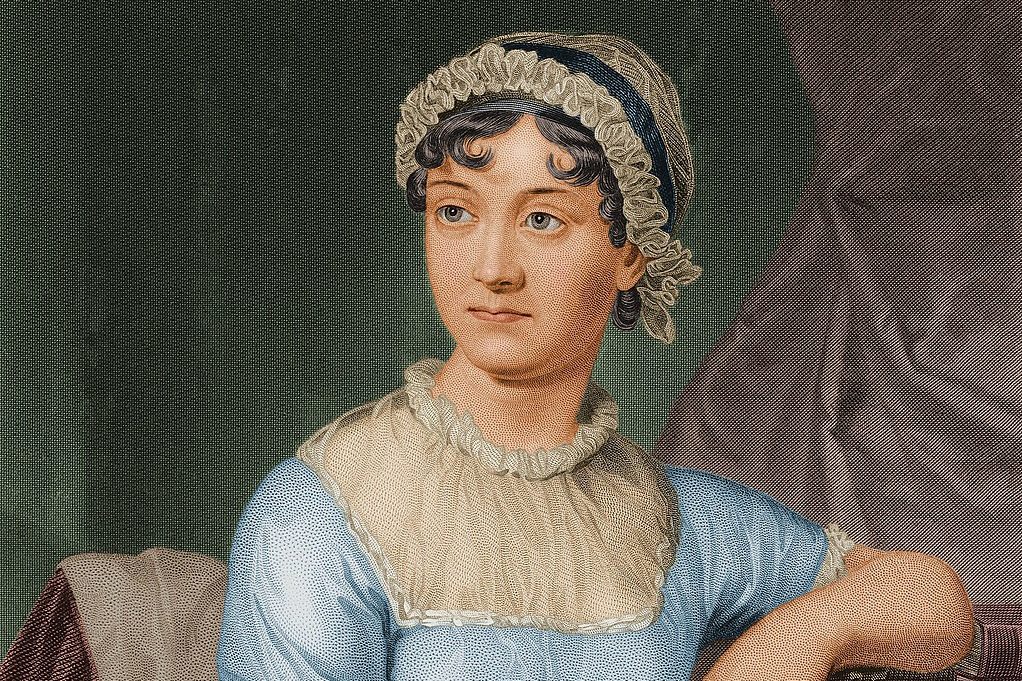
Jane Austen’s witty novels of everyday life for the privileged in 18th century England have captivated readers for over two centuries. More books have been written about Austen than the six novels she published.
But what you might not know is Austen’s inextricable link to music.
Jane Austen loved music. And so did the characters in her books. One of her most cherished heroines, Elizabeth Bennet, played the piano for Mr. Darcy in “Pride and Prejudice.” Music and the piano are an integral part of Anne Elliot’s character, the protagonist in Austen’s sixth and last completed novel “Persuasion.”
“Emma would play better if she practiced more,” said Joan Ray, Austen scholar and Professor Emeritus of English at University of Colorado Colorado Springs, referring to the title character in Austen’s 1816 novel “Emma.”
”There’s a lot of music in Jane Austen’s novels, and that’s what an accomplished young woman was supposed to be able to do,” said Ray, author of “Simply Austen” and “Jane Austen for Dummies.”
Playing piano was an integral part of Austen’s life. She practiced every morning and acquired music from friends by copying pieces note for note, in addition to purchasing her own sheet music. But scholars like Ray believe that music was more than just a passion, it might have been a linchpin to her writing creativity.
When Austen was 21 years old, she and her family moved to Bath, England. “In Bath, we don’t think she had an instrument to play and she does very little, if any, writing in Bath,” Ray told CPR Classical. “Music scholars of the period who also read Jane Austen like to propose that unless Jane Austen had music in her life, her writing didn’t proceed the way it should.”
It wasn’t until Austen moved to Chawton in Hampshire in 1809 that she had a piano in her home again. All six of her novels were published after moving to Chawton.
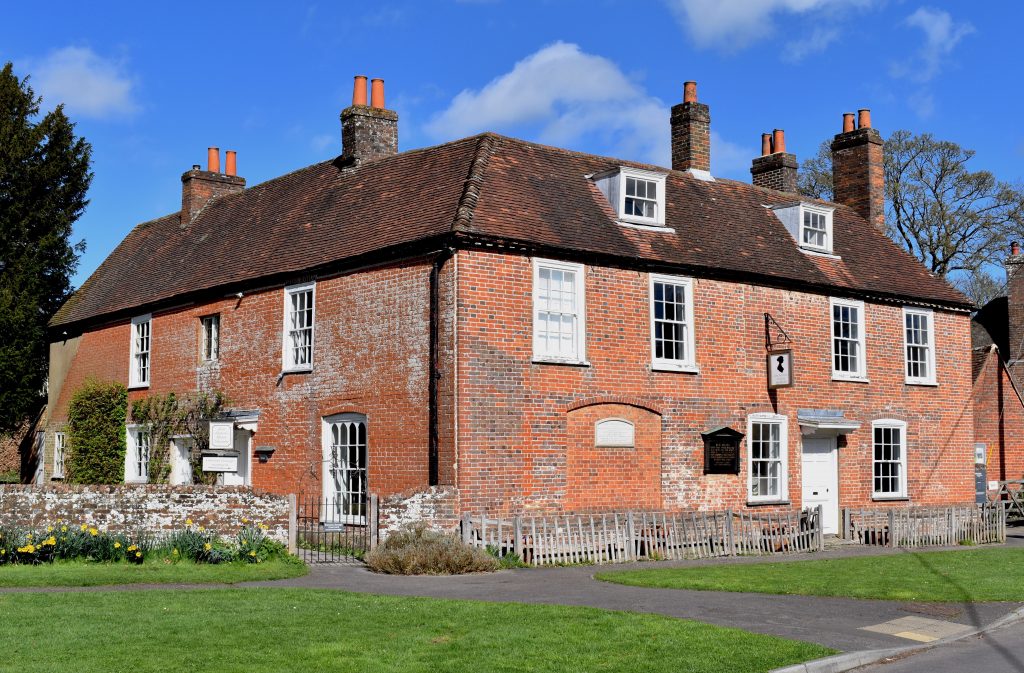
So what kind of music did Jane Austen like to play?
“The line between classical and popular music was very soft in that period,” Ray noted. “She lived 1775 to 1817. So she has a lot of popular music but, for example, she had a popular song called ‘William.’ But when music scholars really looked at the 20th and 21st centuries, they discovered it was actually based on Haydn’s Piano Concerto No. 1.”
For as much as Austen loved and collected music, and created characters in her novels who also loved music, she was light on specifics in her novels.
The only classical composer she mentions in her novels is the now obscure English publisher and pianist Johann Baptiste Cramer, just a few years older than Austen. Cramer was widely known for his piano playing, and is sometimes credited with giving Beethoven’s final piano concerto the nickname “Emperor.”
And for all the times various characters play the piano in her books, the only specific piece of music Austen refers to is an Irish folk tune called “Robin Adair” that Jane Fairfax plays in “Emma.”
So what did the composers for the many TV and film adaptations of Austen novels have to go on? Composer Carl Davis incorporated more famous melodies of composers of her time - Haydn, Mozart and Schubert - into his 1995 score to the TV series “Pride and Prejudice.” In the 2007 film “Becoming Jane,” composer Adrian Johnston studied Austen’s surviving music books to help in understanding her tastes.
“Otherwise,” Austen scholar Joan Ray explained, “this is all imagined by the composers who are hired to do the movies.”
Here are some examples of pieces found in Jane Austen’s music books, plus some TV and film soundtrack favorites of Joan Ray.
Karla Walker will feature the music of Jane Austen's time and music from screen adaptations on March 30 and 31 at 10:30am on The Music Room.
You can listen to CPR Classical by clicking "Listen Live" on this website. You can also hear CPR Classical at 88.1 FM in Denver, on radio signals around Colorado, or ask your smart speaker to “Play CPR Classical.”
Musicologist Dr. Kathryn Libin of Vassar College contributed to the research of this article.

